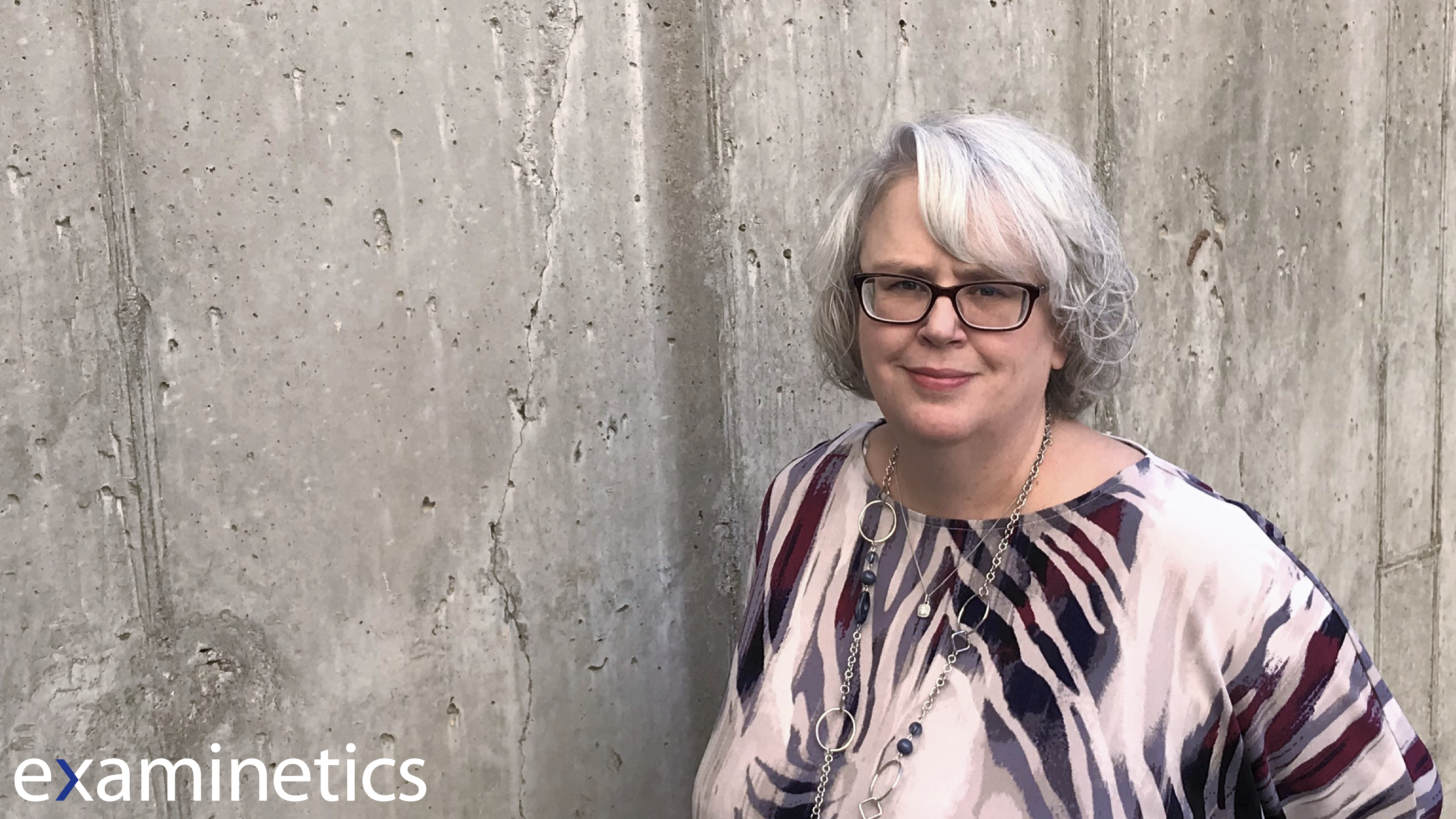1. Tell us a little bit about your role and how your role contributes to the overall mission of Examinetics.
As an occupational audiologist, my principal responsibilities include audiometric data review, technician training and supervision, client support and collaboration with our IT staff in the development of our proprietary data management systems. Primarily, I work with transportation clients, especially those regulated by the Federal Railroad Administration. With five full-time audiologists and a combined 75 years of experience in occupational audiology, I believe our department contributes to Examinetics' role as the leader in the occupational health industry. With our depth of expertise, we confidently guide our clients through challenges that may arise related to regulatory compliance and best practice in hearing conservation.
2. How does your role contribute to the health and safety of America's workforce?
Hearing is a critical component of being safe in the workplace. My goal is to help our clients take their hearing conservation programs beyond compliance and emphasize best practice whenever possible. We strive to help our clients achieve the goal of their programs while improving the hearing and safety of America's workforce.
3. What's the most rewarding part of your job?
The most rewarding part of my job is helping my clients understand the best practices and the regulations surrounding hearing conservation. Often, I receive calls from worried clients regarding hearing testing results and change in employee's hearing. When this happens, I enjoy being a source to sort out their concerns and give them the next steps.
As a hearing loss is a multifaceted illness, I help clients understand that a noted change doesn't necessarily mean that their program isn't working. However, it is an opportunity to evaluate how the program works for individual employees in question and any issues that may need follow-up.
4. What do you think is the future of workforce health?
I think the future of workforce health will include significant occupational exposure reductions. Beyond hearing loss, research points to other negative effects of occupational noise, such as decreased safety, increased stress, irritability and communication interference.
The solution to these issues? Reduce the amount of noise on the job and at home. When participating in loud non-work activities such as listening with headphones or attending loud events such as concerts or sporting events or shooting, it is important to remember to tend to hearing safety. A quieter world is a safer world.
5. Considering your role and different experiences in your work, please share a personal safety and/or health tip that may be relevant for clients.
There is a strong correlation between loud sounds and stress. I often advise hearing protection as a stress reduction method to anyone anywhere exposed to excessive sound. For example, our technicians often fly for work, and I always recommend they wear hearing protection during the flight. As they have told me, they are usually less tired and stressed out after using hearing protection.
---
This is business-to-business information intended for EHS (environmental health and safety) professionals and not intended for the final consumer. Companies should check the local regulatory status of any claim according to their individual needs, requirements and intended use.
